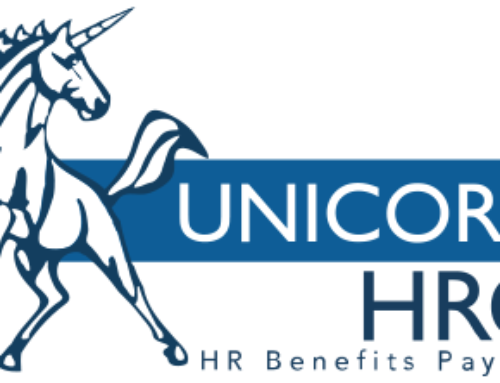Staffing: Growing Demand, Dwindling Supply
One challenge that healthcare HR professionals are currently facing, revolves around thestaffingof nurses and doctors. As demand around the country continues to increase, candidates are finding that they have various options when it comes to choosing their work location; ultimately causing a large shortage in staff in certain areas of the country. With the rising trend towards performance based career models in the healthcare industry, many HR departments are also struggling to recruit and retain high performing workers. In order to manage these challenges HR Managers can implement Applicant Tracking Systems (ATS). These systems streamline the hiring process and include automated notifications and workflows which allow HR managers to quickly respond to qualified candidates while having access to compensation data.
Regulations: Reporting and Compliance
Another challenge in Healthcare HR is the introduction of the Affordable Care Act (ACA) and with it, the new reporting requirements. HR Managers are now required to report to the IRS in compliance with the ACA, meaning managers must accurately track employees and their work hours as they relate to health benefits. Other areas in which regular reporting and tracking is needed is that of annual reviews. In order to receive federal or state funding, hospital based employees are required to have annual reviews and performance evaluations. Employees must also have backgrounds checks, certification renewals, and tracking of inoculations. Fortunately, HR Management Software providers have been responsive to the need for enhanced tracking and reporting software. ACA Reporting and Compliance software helps HR managers to generate and file forms required by the IRS, including 1094-C and 1095-C. The software also helps managers to prepare forms needed by employees and provides hourly tracking applications to identify which employees are eligible for benefits under new regulations. Single end-to-end HRIS applications can consolidate Affordable Care Act Reporting. They also have talent management modules so employee data and requirements are kept up-to-date.
Cost: Investment in Talent Management
One of the biggest challenges faced by healthcare HR managers is securing funding for talent management initiatives which allow departments to offer competitive benefits and attract the best workers. This means that salaries must be competitive while also fitting into hospitals’ financial plans. As funding gets cut and insurance reimbursements are negotiated, hospitals must stay on top of costs to remain profitable. In the healthcare industry, talent management programs offering competitive salaries to hire and retain high performing workers can have a direct impact on patient satisfaction and ROI; it can also decrease staff turnover, which can be another costly hit to an organization. In a landscape in which HR managers struggle with their current budget, finding ways to reduce costs even further in order to invest in talent management, continues to be difficult. Fortunately, IT can be one area in which these cuts can be achieved. Single cloud-based HRIS applications lower costs for hospitals by eliminating internal IT costs. Cloud solutions can reduce costs associated with maintenance requirements, removing costs associated with hardware upgrades and providing automated maintenance and upgrades of applications.
Healthcare HR can become more strategic by running an efficient department and assuring that turnover is low. Technology can support HR managers in overcoming challenges related to staffing, regulations, reporting, and talent management, but cannot overcome poor human capital strategy and poor strategic workforce planning. If healthcare HR develops the right strategy and has the right technology behind them, they’ll get a seat at the table.



